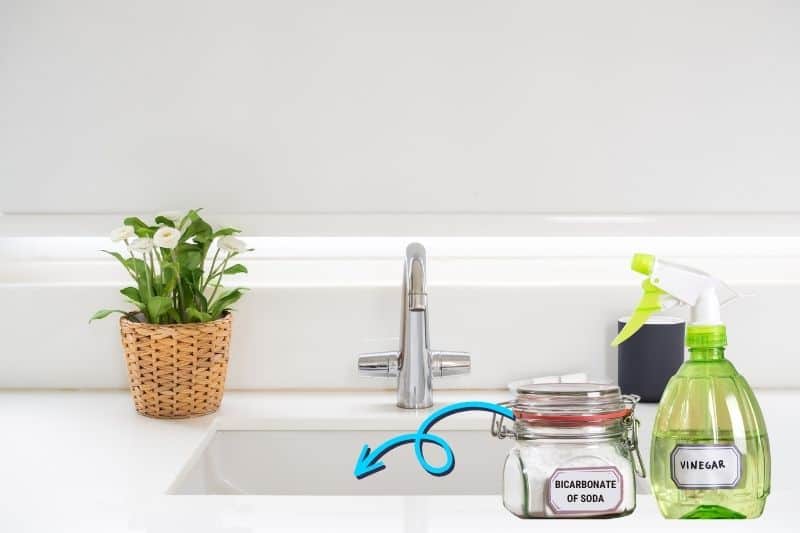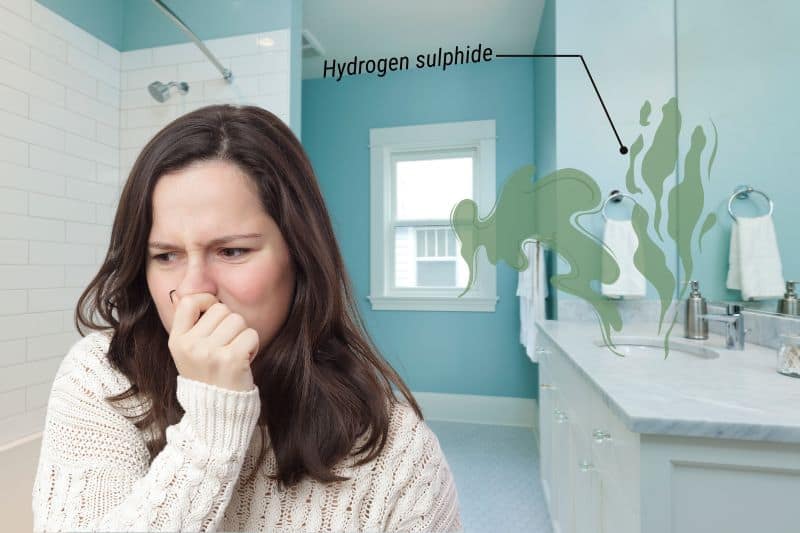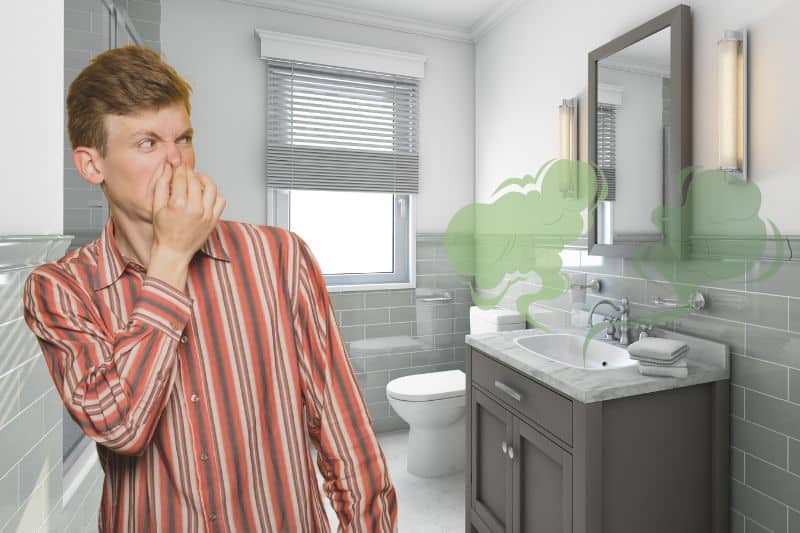It’s no secret that bathrooms can become a bit smelly every now and then. In most cases, a good cleaning and some air freshener will do the trick, but sometimes, this just isn’t enough to eliminate the unpleasant smell.
Although people are prepared for their main bathrooms to smell, many believe that spare bathrooms will remain fresh and clean because they aren’t in use the majority of the time.
However, this isn’t always the case. In fact, it is not uncommon to find that an unused bathroom smells like a sewer if it isn’t correctly looked after.
If this is a problem you are currently dealing with, look no further. We have all the information you need to find out why your unused bathroom has become so smelly and how the problem can be fixed.
Why Does My Unused Bathroom Smell Like a Sewer?
No one wants their bathroom to smell like a sewer! Even when it’s a room you never use, the smell can quickly spread to other parts of the house and become a big issue.
There are many potential causes of this sewer smell, but an empty P-trap is most likely behind this issue when your bathroom is not in use.
Never heard of a P-trap before? Don’t worry—we are here to explain!
A P-trap is a pipe that has a P-shaped curve in it. These pipes are found behind all of the drains in your house, and they are used to prevent sewer gas from entering your home.
The one exception to this is the toilet, which holds water in the toilet bowl instead. However, regular flushing ensures that the sewer gas is flushed away back down the pipes.
When you use your sink or shower, any wastewater will flow through a P-trap before draining out to the public sewer line or your septic tank.
The shape of these pipes causes some of the wastewater to become trapped in the P-shaped bend, plugging up the direct line from the sewer to your bathroom. Unfortunately, this trapped water will slowly evaporate over time.
Usually, the water in the trap gets replenished as you run various taps in your bathroom and flush the toilet.
However, in an unused bathroom, the water will continue to evaporate until the P-trap becomes empty, meaning the sewer gas can vent directly into your bathroom. The stench works its way up the pipes, leaving your bathroom smelling disgusting!
How to Stop Your Bathroom Smelling Like a Sewer

As sewer-smelling bathrooms are usually caused by an empty P-trap, the best way to remove the stench is to flush the pipes. You can do this quickly and easily using the below method:
- Run water down each of your bathroom drains to replenish the water in the P-traps. Aim to do this at least once a week to prevent the problem from occurring again.
- If the sewer smell still lingers, pour roughly 250 ml of white vinegar down the drain, followed by two tablespoons of bicarbonate of soda. Leave these ingredients to work for 15 minutes before thoroughly rinsing out the drain using hot water.
Other Things That Can Make a Bathroom Smell Like a Sewer
If you’ve gone through all the steps above and your unused bathroom still smells like sewage, another issue must be at play.
There are a few different possibilities, but unless you are experienced in tackling these issues, you will need the help of a professional to fix the problem. These causes include:
- Leakage around the P-trap: If your P-trap is leaking, then it won’t be able to form an effective seal. It may be that the pipe merely needs tightening, but it could also need replacing, depending on what is causing the leak.
- Damaged wax ring: Toilets have a wax ring underneath them that seals them to the drain pipe below. If this ring is damaged or installed incorrectly, sewer gas will vent into your home. To fix this, the wax ring will need to be replaced.
- Unsealed toilet: Gaps between the base of your toilet and the floor can allow sewer gas to enter your home from below the toilet. Having the bottom of your toilet caulked will resolve this issue, safely sealing the gas beneath the floorboards.
- Blocked, broken, or badly installed vent pipe: One of the main purposes of a vent pipe is to allow sewer gas to flow out of your home. If this pipe becomes blocked, broken, or wasn’t installed properly, these sewer gases will instead be vented into your home. The faulty pipe will need to be replaced to rectify the issue.
- Sewer issue: Finally, you may be dealing with a sewer issue. A sewer scope inspection will be needed to check for any cracks or blockages in your home’s sewer system. Any damage found will then need to be rectified in order to eliminate the sewer smell.
Can a Smelly Drain Make You Sick?

If your bathroom starts to smell like a sewer, it is important that you try and rectify the problem as soon as possible.
Two of the main components of sewer gas are hydrogen sulphide and methane. Both of these gases are highly flammable and explosive, so it’s crucial that you don’t let them spread around your home.
As well as having an unpleasant smell and being dangerous, sewer gas can be harmful when inhaled in large quantities.
It is unlikely your drains will release enough of the gas to cause extreme illness, but it is always better to be safe than sorry. Here is a closer look at the health issues caused when inhaling sewer gases in large doses.
1. Hydrogen sulphide poisoning
Inhalation of hydrogen sulphide can result in poisoning. This gas is quickly absorbed into the bloodstream and distributed around the body, causing a series of harmful side effects. These include irritated eyes, headaches, nausea, dizziness, coughing and rapid breathing.
Prolonged exposure to high levels of hydrogen sulphide is extremely dangerous and can lead to a loss of consciousness and even death.
2. Asphyxiation
High levels of methane can cause asphyxiation due to the reduced amount of oxygen in the air. Oxygen deficiency will typically lead to nausea, dizziness, headaches, and collapse, but very low levels of oxygen can, once again, be fatal.
However, it’s very unlikely that a smelly bathroom will be releasing enough dangerous gases to cause these problems.

Hannah has a passion for cleaning. She worked her way around Australia by cleaning hostels in exchange for free accommodation and used her cleaning skills to bag a job as a chalet host for a luxury ski company in France.






